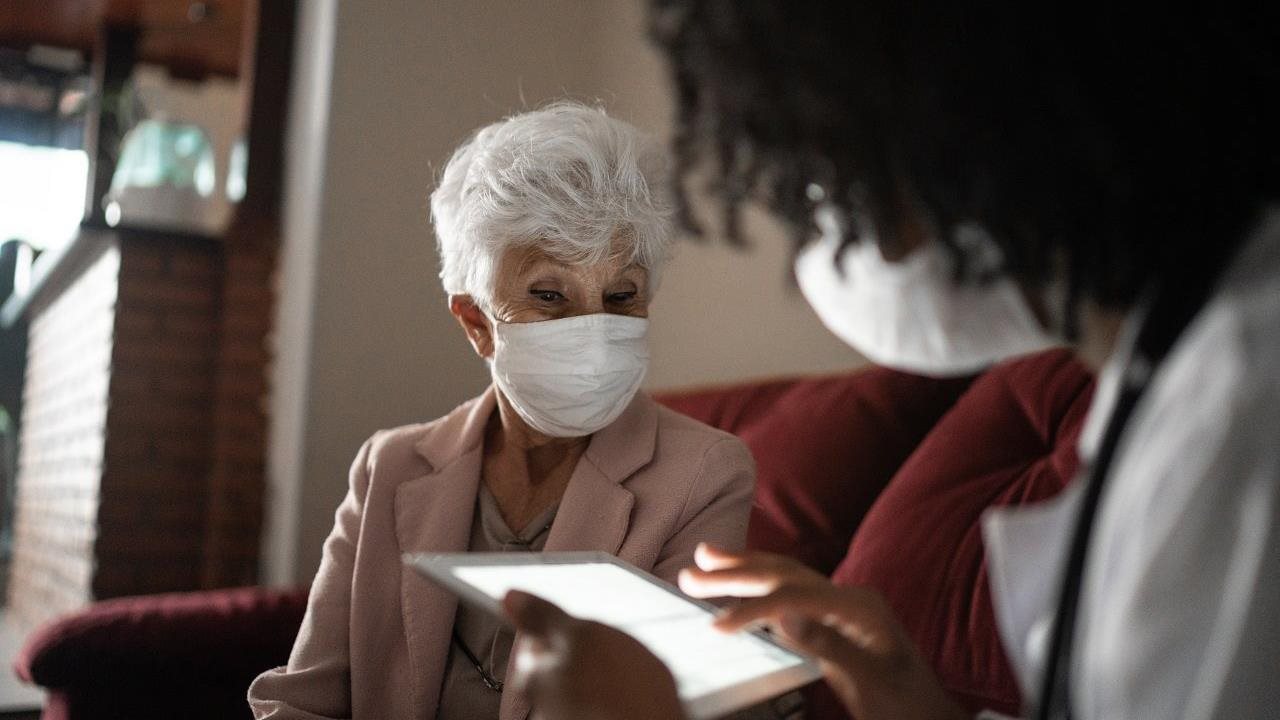(BPT) - Kidney failure, also known as end stage kidney disease (ESKD), affects approximately 750,000 Americans each year. Kidneys are vital organs that contribute to the body’s overall well-being, helping to remove waste and excess fluid from the bloodstream. When kidneys function at or below 10 to 15% of normal capacity, they cannot effectively do their job. At this point, a kidney transplant or dialysis is usually necessary.
Patients who choose to replace their failed kidney function with dialysis have two options: hemodialysis (HD), which can be done at home or in an outpatient center, or peritoneal dialysis (PD), which can be done at home.
“Our goal is to provide patients battling kidney disease with care options that sustain their health while keeping their freedom and quality of life top of mind,” said Dr. Martin Schreiber, DaVita Kidney Care’s chief medical officer for home treatments.
PD is the most popular home treatment among DaVita patients — thousands of whom are elderly or have disabilities (more on this below). It’s a needle-free dialysis treatment that best replicates natural kidney function and offers flexibility by allowing patients to dialyze at home, work or even on vacation.
Dr. Schreiber sees an opportunity for more patients to experience the empowering benefits of treating at home with PD and it begins with busting common myths.
Myth 1: PD is very time consuming.
False. PD may allow you more time to spend with family and friends, or simply do what you love most because you can perform dialysis outside of a center. Additionally, if you choose to dialyze with a machine instead of manually, you can dialyze while you sleep.*
Myth 2: PD is not an option for older people.
False. There are no age limitations for this treatment option. Elderly patients should consider performing PD with the assistance of a care partner to feel more confident and comfortable dialyzing at home.
Myth 3: PD is not an option for anyone with disabilities.
False. Although PD may be more challenging for people with certain disabilities (blindness, deafness, amputation, etc.), this treatment may still be an option. Training and safety programs are available to educate you and your care partner on how to perform safe and effective treatments.
Myth 4: PD is not practical for anyone who is overweight, tall or muscular.
False. People with large body masses can do well on PD. Studies show that mortality and infection rates are similar for people who have a higher body mass and are on PD as those on in-center hemodialysis (ICHD).1,2 Your nephrologist will work to tailor a prescription that’s right for you.
Myth 5: People on PD can’t own pets.
False. Pets cannot be in the room while you are performing PD, but you can still have them. Be sure to keep your home and designated treatment area clean.
Myth 6: Infections are more common with PD.
False. Peritonitis, the most common infection for people on PD, can actually be prevented with proper training and handwashing techniques.3 If an infection does develop, it can often be treated at home with antibiotics. In fact, people on PD have a lower risk of blood infections4 and are hospitalized less frequently than people on in-center hemodialysis (ICHD).5
Now that you’ve uncovered the myths of PD, speak with your nephrologist (kidney doctor) about possible treatment options.**
Find a DaVita PD program
Interested in finding a PD program near you? Call DaVita Guest Services at 1-800-244-0582.
1. Lee MB, Bargman JM. Myths in peritoneal dialysis. Curr Opin Nephrol Hypertens. 2016 Nov;25(6):602-608. 2. Ahmadi SF, Zahmatkesh G, Streja E, Mehrotra R, Rhee CM, Kovesdy CP, Gillen DL, Ahmadi E, Fonarow GC, Kalantar-Zadeh K. Association of Body Mass Index With Mortality in Peritoneal Dialysis Patients: A Systematic Review and Meta-Analysis. Perit Dial Int. 2016 May-Jun;36(3):315-25. 3. Firanek, C and Guest, S. Perit Dial Int. 2011;31(4):399-408. 4. Dalal, P et al. Int J Nephrol. 2011: Article 239515. 5. USRDS 2016 Annual Report.
*Not all patients can perform PD treatments solely at night, additional daytime sessions may be needed.
**This information is for informational purposes only and does not constitute medical advice. Service provider and modality selection are choices made exclusively between the patient and nephrologist.

